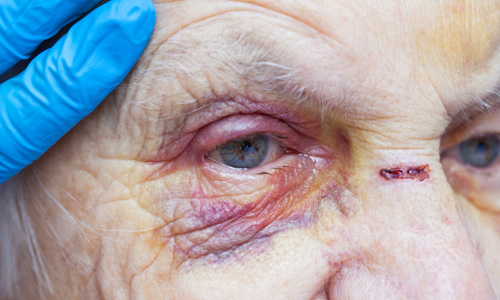The Basics of Defamation Lawsuits
When someone accuses another person of defamation, the transgression in question is one of reputation. Defamation is any statement that damages the victim’s reputation, whether it’s an individual’s good standing or one of a business. Defamation lawsuits strike a careful balance between one’s constitutional right to freedom of speech and another’s right to protect his or her good name. If you’re interested in filing a defamation lawsuit against someone, here’s what you need to know.
Defamation vs. Freedom of Speech
To have grounds for a defamation lawsuit, a plaintiff needs to differentiate between what counts as defamation of one’s reputation and what is simply freedom of speech. Since making a hurtful statement about someone isn’t illegal, a victim cannot take the defendant to criminal court. The plaintiff can instead file a civil action, or a tort.
In a defamation lawsuit, the plaintiff may sue the defendant for the injurious statement he or she made. Defamation can take two forms:
- Libel. Written and published defamation.
- Slander. Spoken defamation.
Where one draws the line between freedom of speech and defamation is largely up to personal opinion. Social media and defamation cases are a good example of this. Social media has opened the doors to an array of potential libel cases, simply in reviewers stating their opinions about people. Rude YouTube comments, false accusations were thrown around on Twitter, and Yelp reviews are all examples of potential defamation cases.
Example of Social Media Defamation Lawsuits
For example, lawyer Dawn Hassell recently tried to sue Yelp for defamation against her law firm. Hassell believes the popular business review site is guilty of libel for false claims posted on the website, including that her firm failed to communicate with clients. Major internet companies around the world, however, believe that Yelp is within its right to free speech, and that a verdict in Hassell’s favor would affect other websites whose main goal is to offer honest reviews of businesses.
In a similar case against Yelp that the Ninth U.S. Circuit Court of Appeals dismissed last month, a business owner from Washington sued for libel against his locksmith company. He asserted that the negative reviews his business had on Yelp was really for another company, and that Yelp had made the reviews up as a way to punish him for not advertising with it. The federal appeals court dismissed the case, asserting that the ratings Yelp features is content from users, and therefore Yelp is not liable for damages.
Proving Defamation
The nature of defamation lawsuits makes them difficult to prove, but it is possible with the right evidence. The elements of a successful defamation suit are, in general:
- Someone made a statement. The statement must be written, spoken, or expressed in another manner.
- The person or a third-party published the statement. It’s not enough that someone said something hurtful about you – a third-party must have seen or heard the defamatory statement.
- The statement caused you injury. If someone’s hurtful statement didn’t affect your reputation or hurt your business, you don’t have grounds to file a claim for damages.
- The statement was false. It’s impossible to have a case of defamation if the defendant spoke the statement truthfully and honestly. This is freedom of speech.
- The statement did not fall into a privileged category. Lawmakers will weigh the need to avoid libel or slander with the need to allow the defendant freedom of speech and decide if a statement was unprivileged.
If you think you have a case of defamation against someone, hire a skilled personal injury lawyer to represent you in Boston. Defamation lawsuits are complex and need the attention of a highly experienced personal injury attorney, so be sure to hire counsel right away to discuss your options.
For more information, call our law office at (617)-391-9001. Or if you would prefer to email us, then please visit our contact page.



